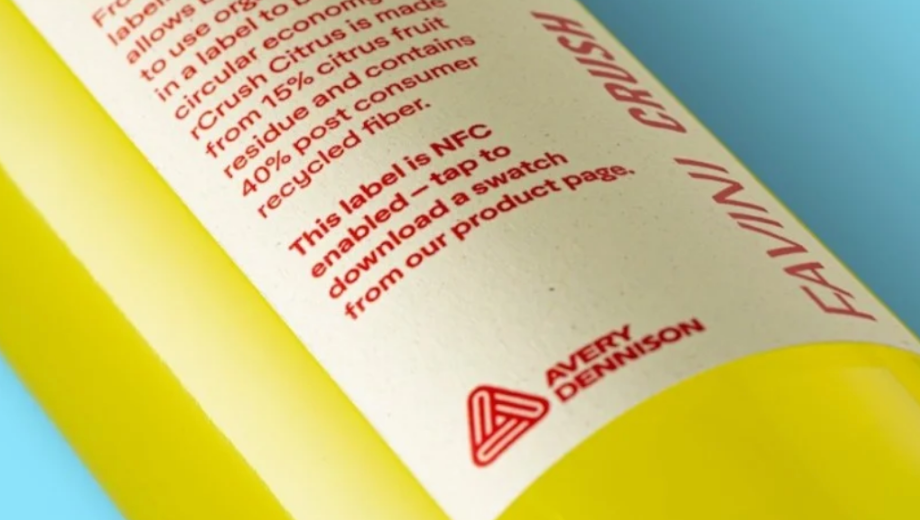In conversation with Avery Dennison’s representative and project lead at CIRPASS, Kamila Kocia provides her perspective on our involvement with CIRPASS, what it means for our customers, and how they can benefit from it.
Q1) What is the CIRPASS consortium?
CIRPASS stands for “Collaborative Initiative for a Standards-based Digital Product Passport for Stakeholder-Specific Sharing of Product Data for a Circular Economy”. Funded by the European Commission under the Digital Europe Programme, CIRPASS aims to prepare the ground for the gradual piloting and deployment of DPPs from 2023 onwards, with an initial focus on the electronics, battery, and textile sectors.
Q2) What is our involvement in CIRPASS?
Avery Dennison’s atma.io joined the CIRPASS consortium in 2022 as an Associate Partner, bringing together a core network of leading organizations to build the European vision for a unified Digital Product Passport (DPP) approach across multiple value chains. Sustainability is a core value at Avery Dennison and we have set ourselves ambitious 2030 targets to drive towards a more responsible and circular future. Our involvement in CIRPASS and influence on the upcoming DPP legislation is just one example of our tireless approach to enabling a more sustainable future for all.
Q3) As an Associate Partner, how are we adding value to CIRPASS and DPP?
Avery Dennison has appointed a group of representatives, who are actively contributing to different work packages within the consortium. We attend consortium meetings on a weekly basis as well as represent the consortium to external stakeholders, including policymakers and politicians. Our work, in close collaboration with other project partners, will create standards-based DPP prototypes and an implementation blueprint for deploying an interoperable digital product passport sustainably at scale.
Q4) What does our involvement in CIRPASS mean for our customers?
As an Associate Partner of the consortium, we are influencing the conversations taking place around the requirements of DPP, ensuring that our customers’ perspective is represented. Our role within the consortium is extremely important to ensure that the voice of the industry is heard and upcoming legislation is being developed to reflect that.
Our engagement within CIRPASS also allows us to take a proactive approach to educate our customers on what the DPP is, and how they can get ahead of the legislation to ensure they are prepared. We know that once the legislation is finalized, customers will need to act fast, and we are best placed to enable them to navigate the twists and turns ahead.




